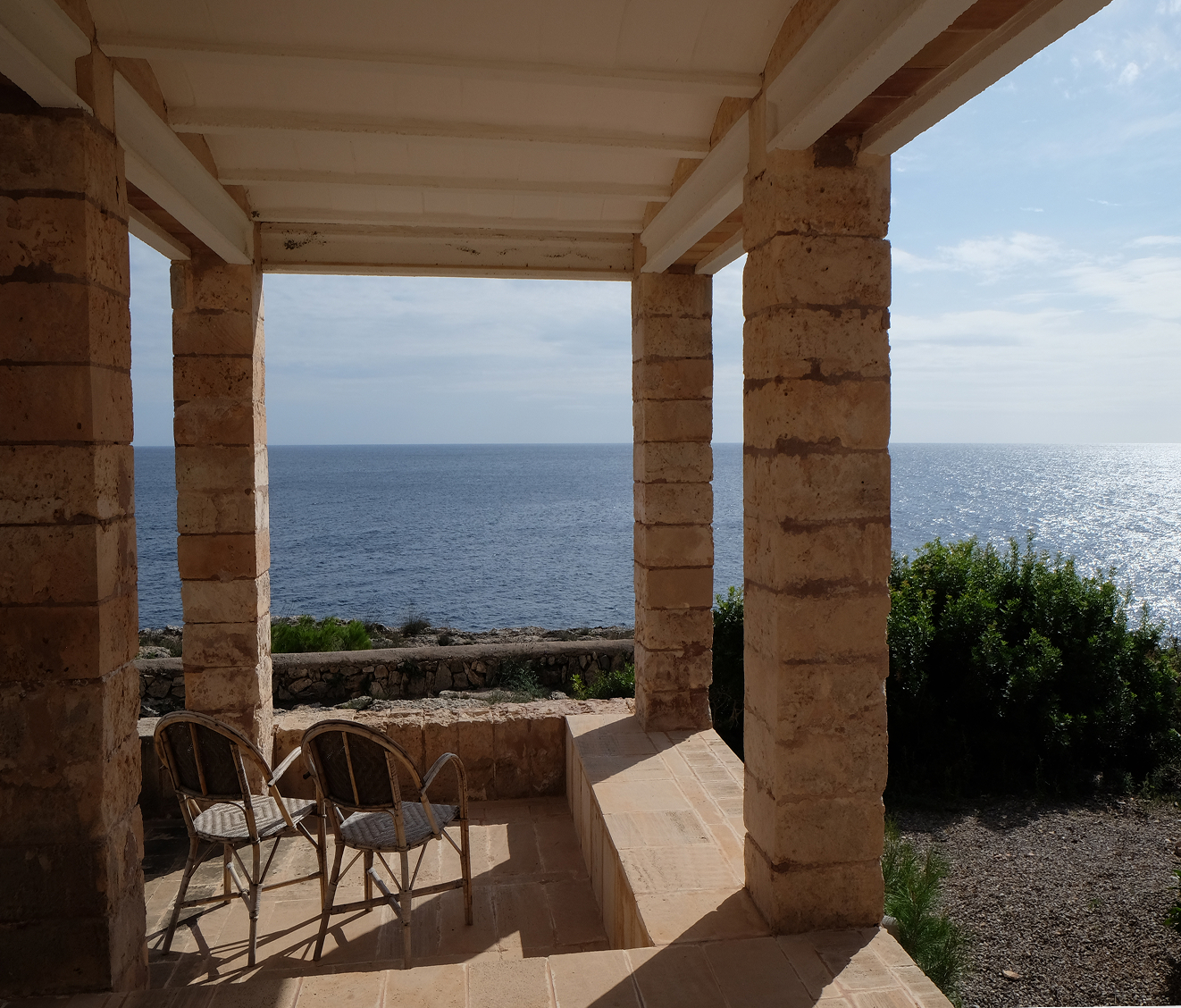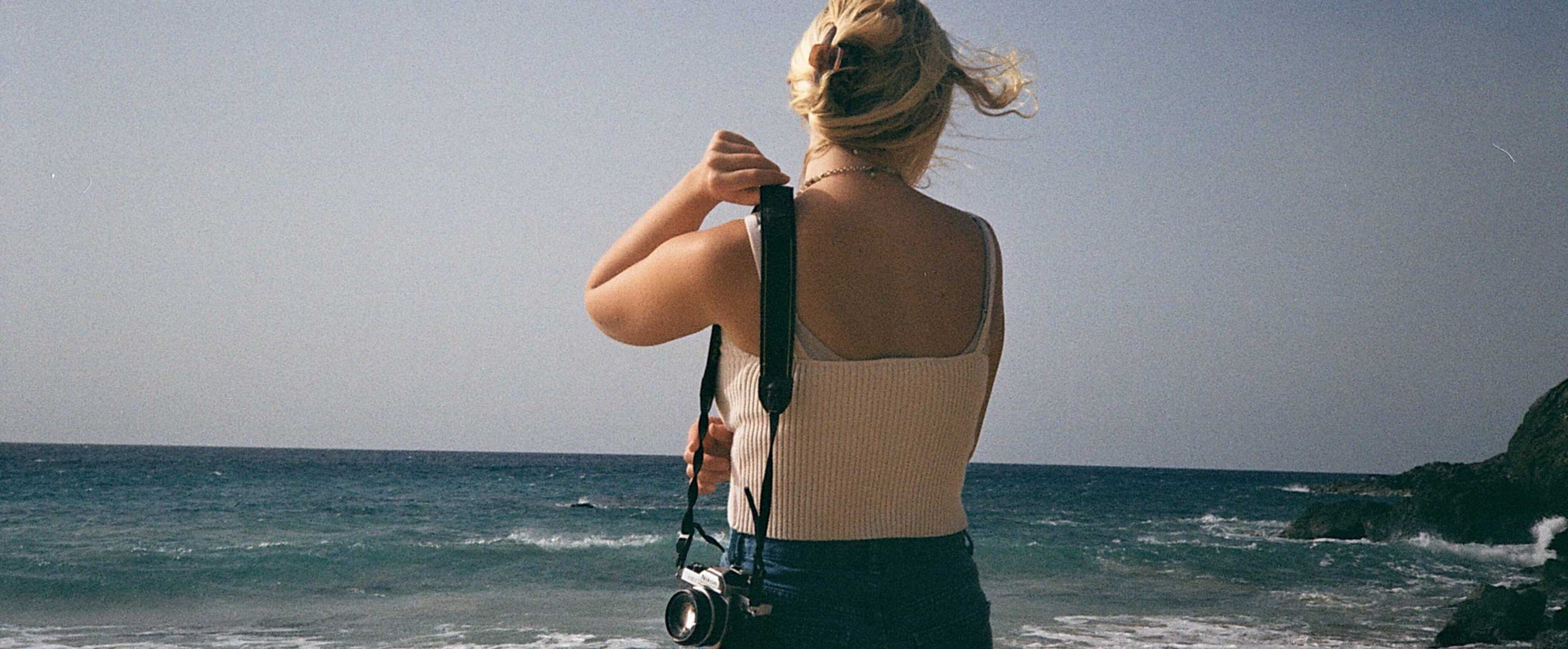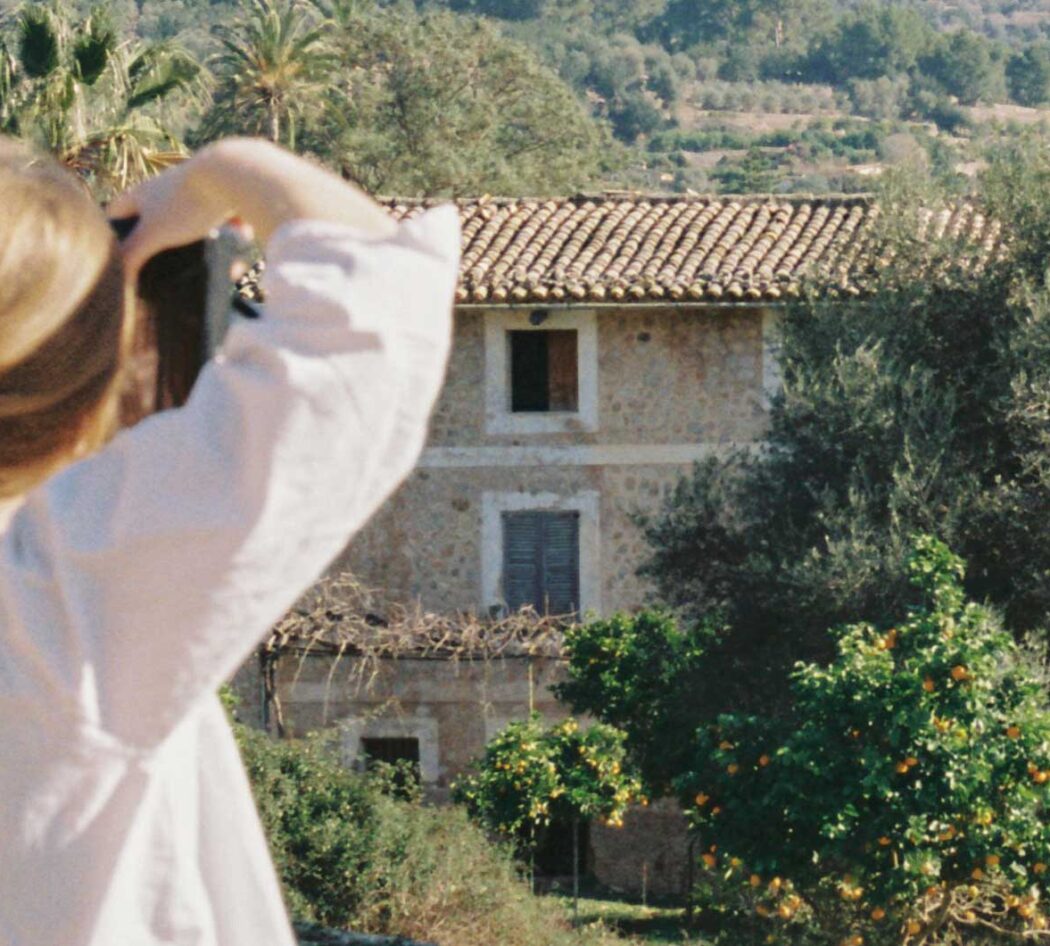Mediterranean Moments Captured
Analog photographer, Eva Abeling uses her images to transport viewers into dreamy realities, capturing the beauty of the ephemeral into stillness. Her work focuses thoughtfully on moments of authenticity, peace, and vulnerability. Eva’s unique creative sensibility has led to collaborations with various exclusive brands, as well as several solo exhibitions and publications around the world.
Set in Port de Sóller and a hidden location in Deià, both of Eva’s courses invite students to absorb their surroundings, embracing their creative individuality with assertiveness and tranquillity. Eva welcomes analog fans of all experience levels to her workshops, guiding them in the process of filling a film roll of thoughtfully shot images.
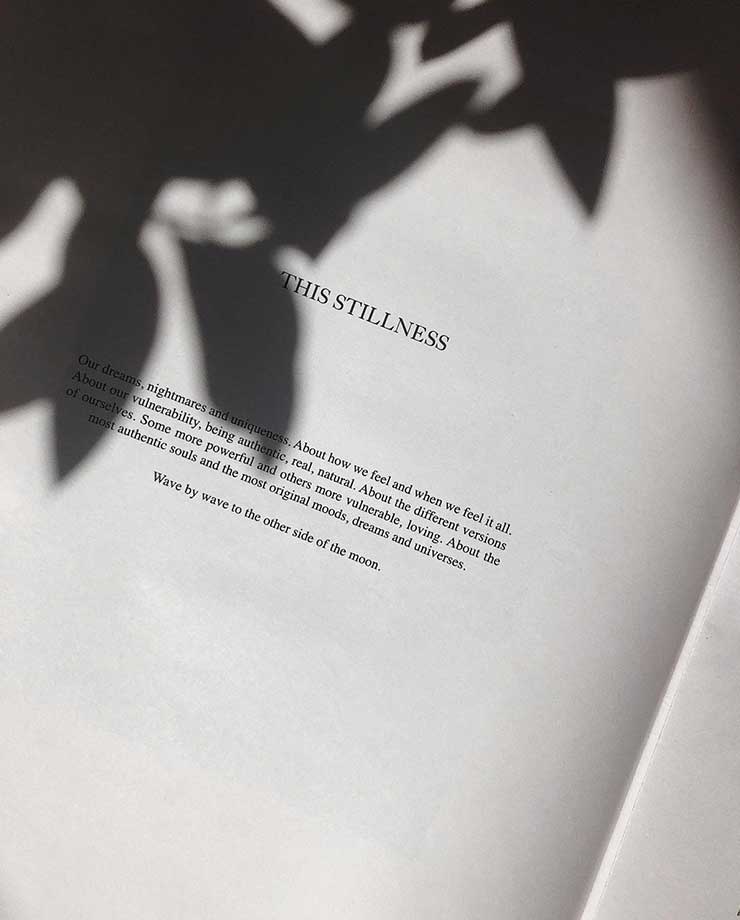
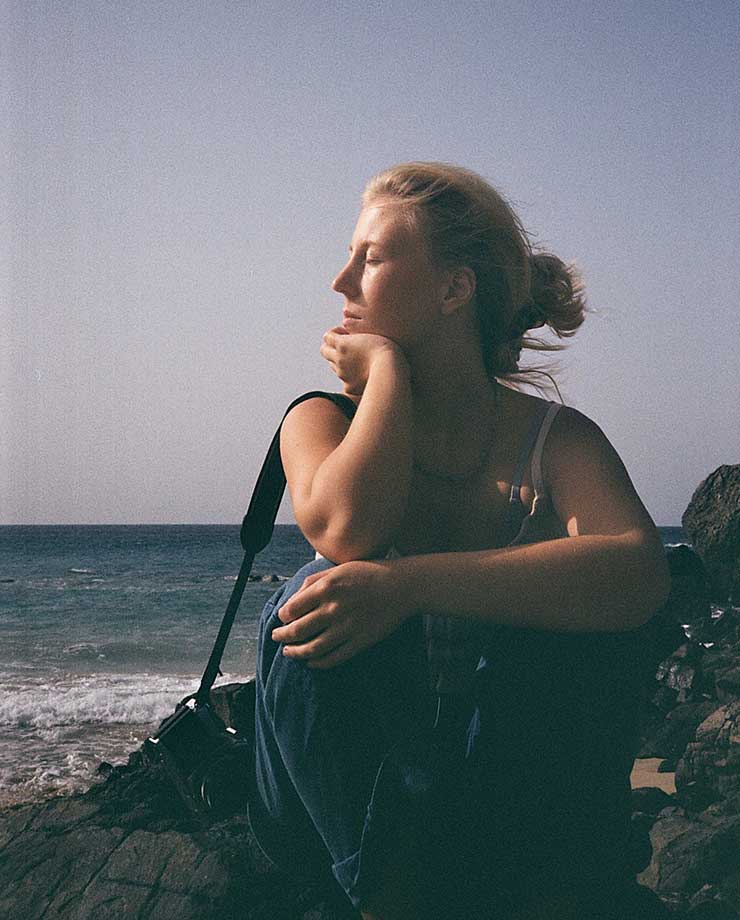
Hi Eva! Could you start by introducing yourself? What is your professional background?
Hi, my name is Eva Abeling. I got my BA in Photographic Arts in London and since then I’ve been really lucky to work with brands from all over the world. Apart from exhibitions in London, New York and Barcelona, I spent the past few years giving online courses on photographic theory and practice. It’s been an amazing way for me to connect with students from over 30 countries. Working online has been great but it’s also made me realise my love for in-person connection, especially creating together by the sea… I think that is what eventually led me to dada-days.
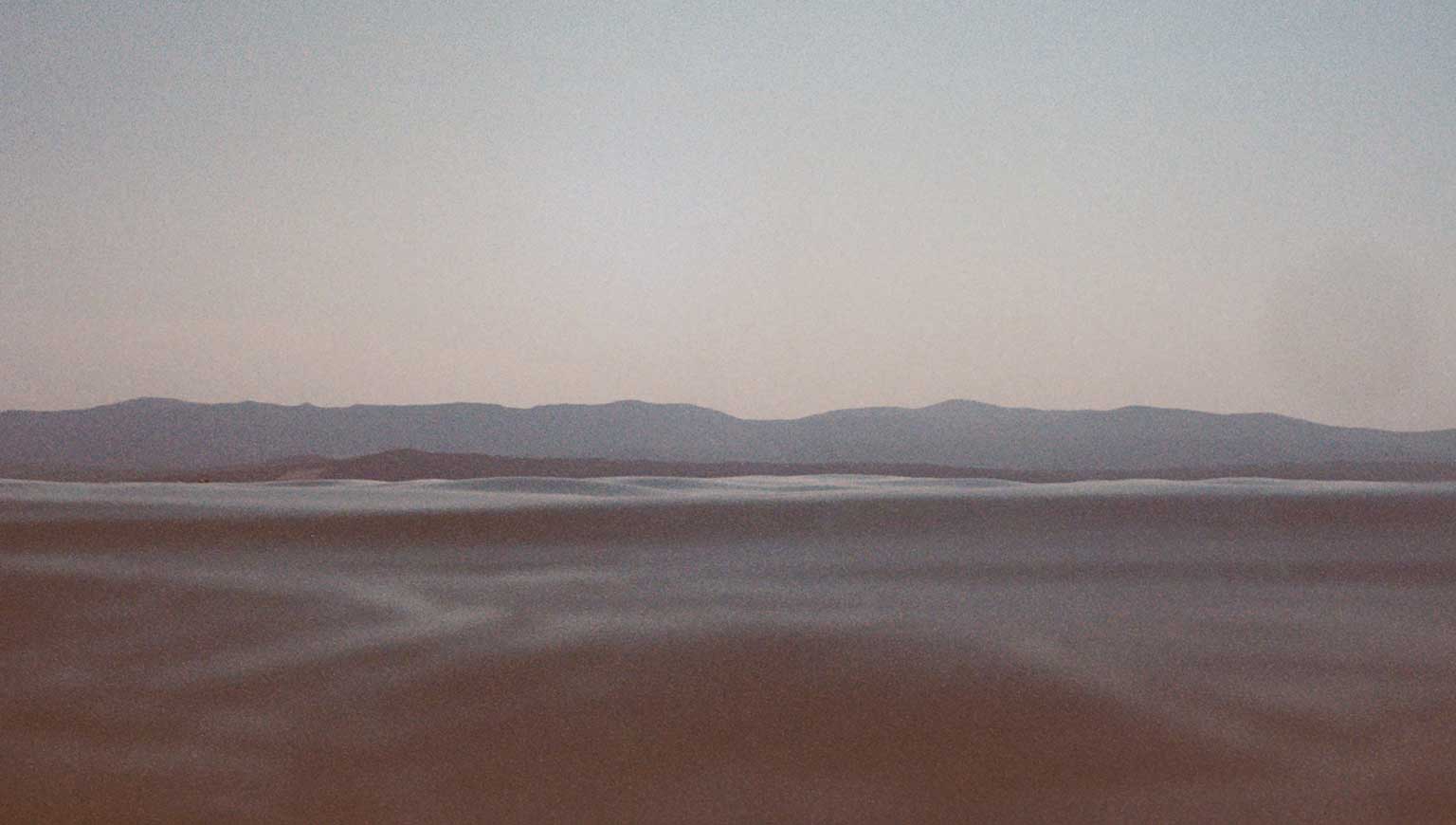
When did you realise you wanted to become a photographer? What made you choose photography as your creative medium?
The art of storytelling has always been fascinating to me. Whether it be through writing, sounds, or symbols, I’ve always had an interest in conveying the intangible and ephemeral thoughts and feelings.
After studying lyrics and poetry, I wanted to challenge myself to convey stories, not through rhythm and words, but through colours, light, and textures: translating emotions with shapes and lines, expressing pain through softness, writing with light. This interest in telling stories in silence is what led me to photography and continues to inspire my work, finding inspiration in the endless possibilities to tell one narrative.
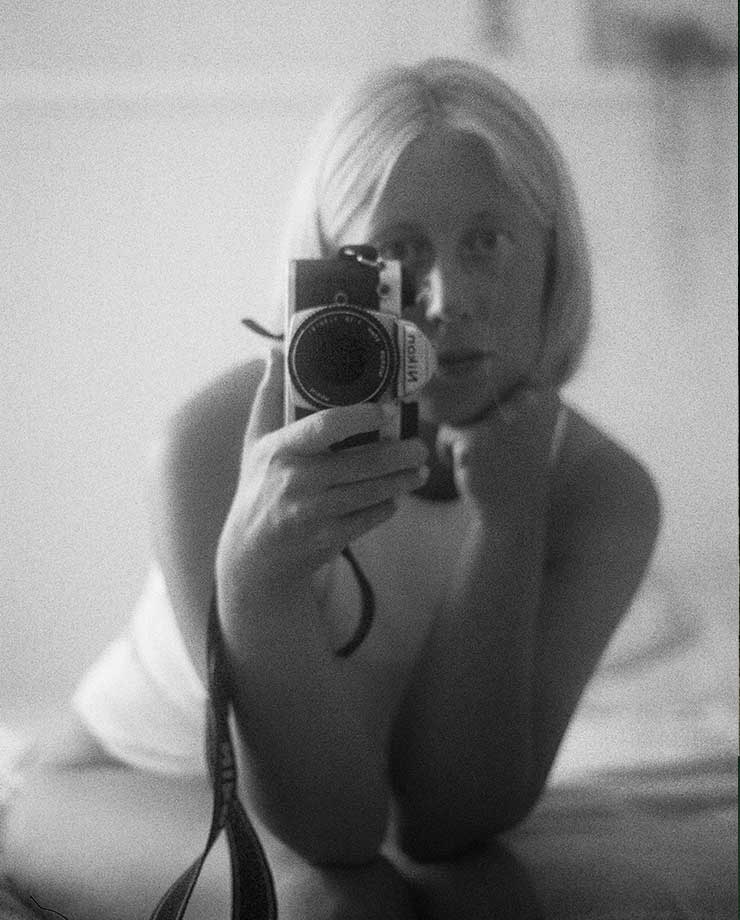
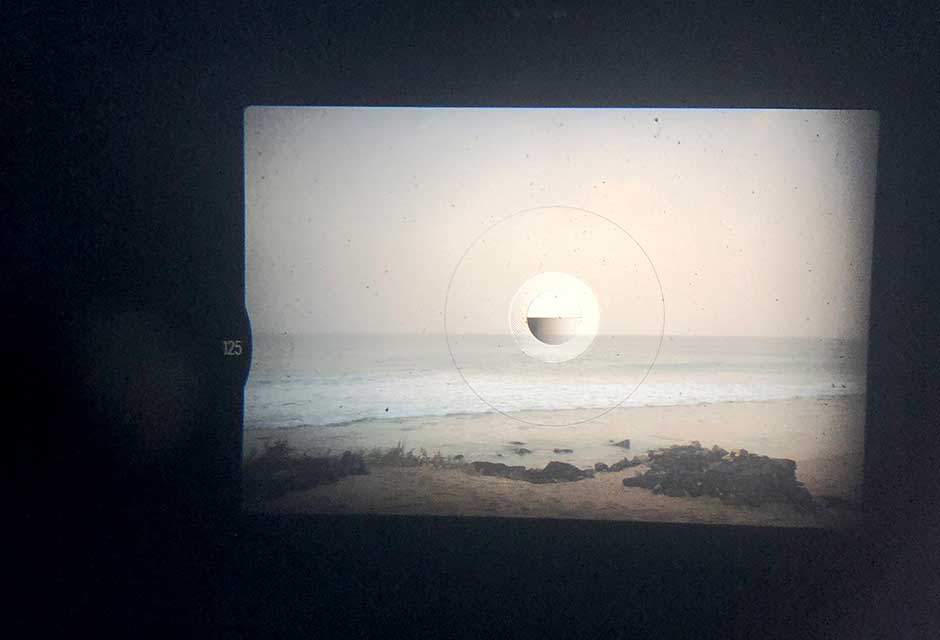
How do you define what a “good” photo is? What advice do you give your students as they try to produce their own “perfect” photos?
I guess my answer is that it’s less about the result and more about the process. If you immerse yourself in the given moment, the photo will be true to you in that moment and this is what’s most important. In my workshops we first go through exercises which teach students how to be fully present – to really observe and notice with all our five senses: hair flying in the wind in a close-up, waves crashing on the shore in the distance, a cold breeze or a teardrop falling.
Then we concentrate on some of the more formal elements of photography to translate our story in stillness and complete silence. Using composition, light, angles, colour and camera settings to direct the viewer’s gaze through the story wanting to be told. As a viewer, interpreting a photo is like reading poetry: it is essential to use your own imagination and thoughts in order to understand a deeper meaning in each captured moment. As a photographer, you accept that you can not control viewers’ subjective interpretations of your work, so there is no objective truth to what a perfect photo really is.
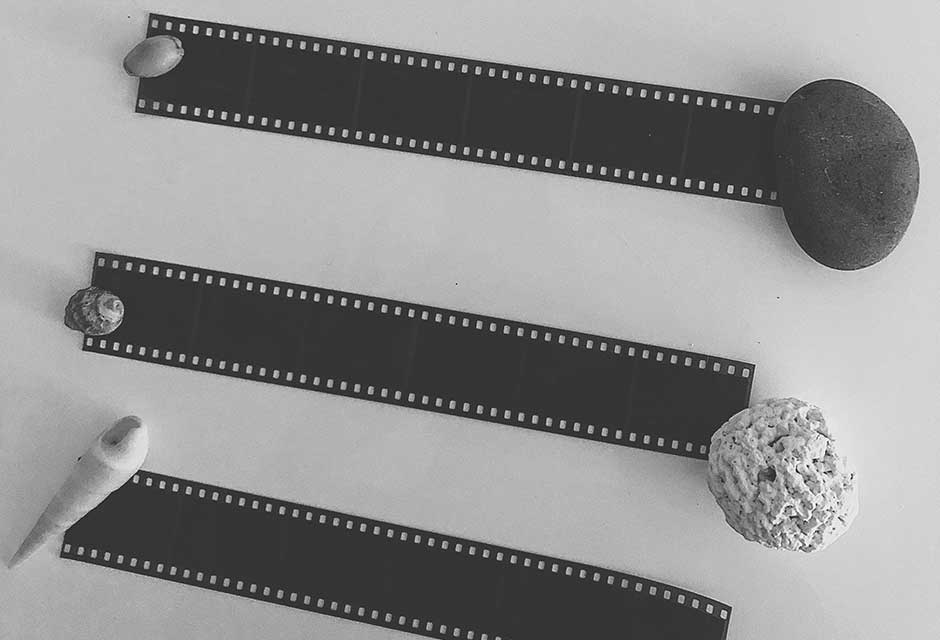
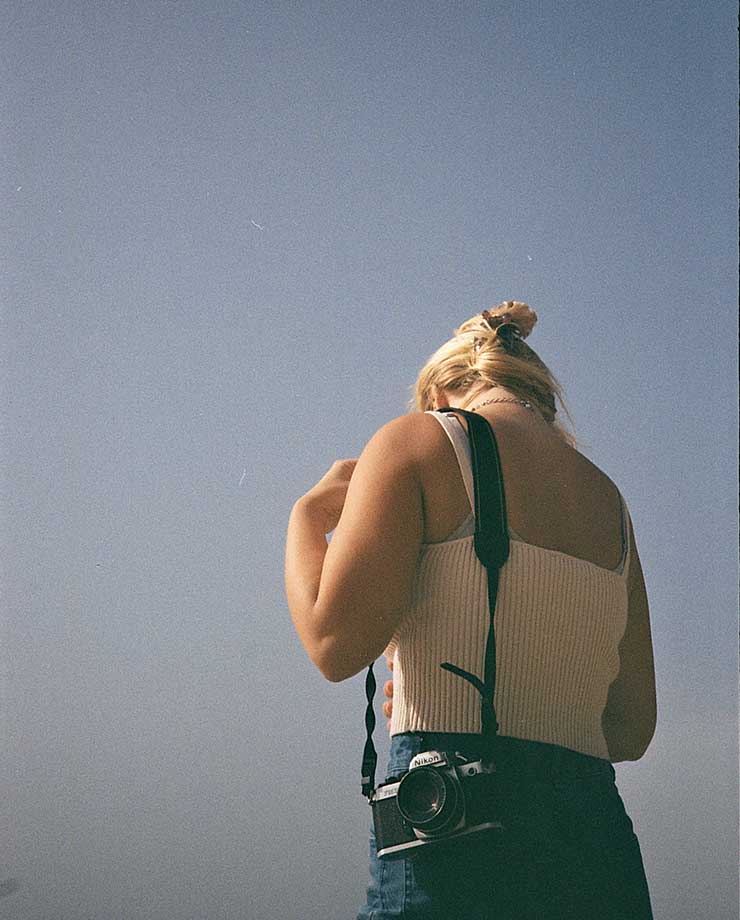
You often describe your work as “dream photography.” Can you explain what this means?
Dream imagery, for me, is visual poetry. While poets play with handfuls of letters, symbols, and spaces, photographers use the language of composition, light, and texture. Dream photography strives to awaken any kind of feeling. Like dreams themselves, there doesn’t have to be an obvious message or purpose behind these images, but it should leave behind a feeling that stays with the observer. Whether it be nostalgia, sadness, hopefulness – dream imagery incites emotions in observers that continue to stick with them.
We are so happy to have you in our community of artists, Eva! Thanks for the interview.
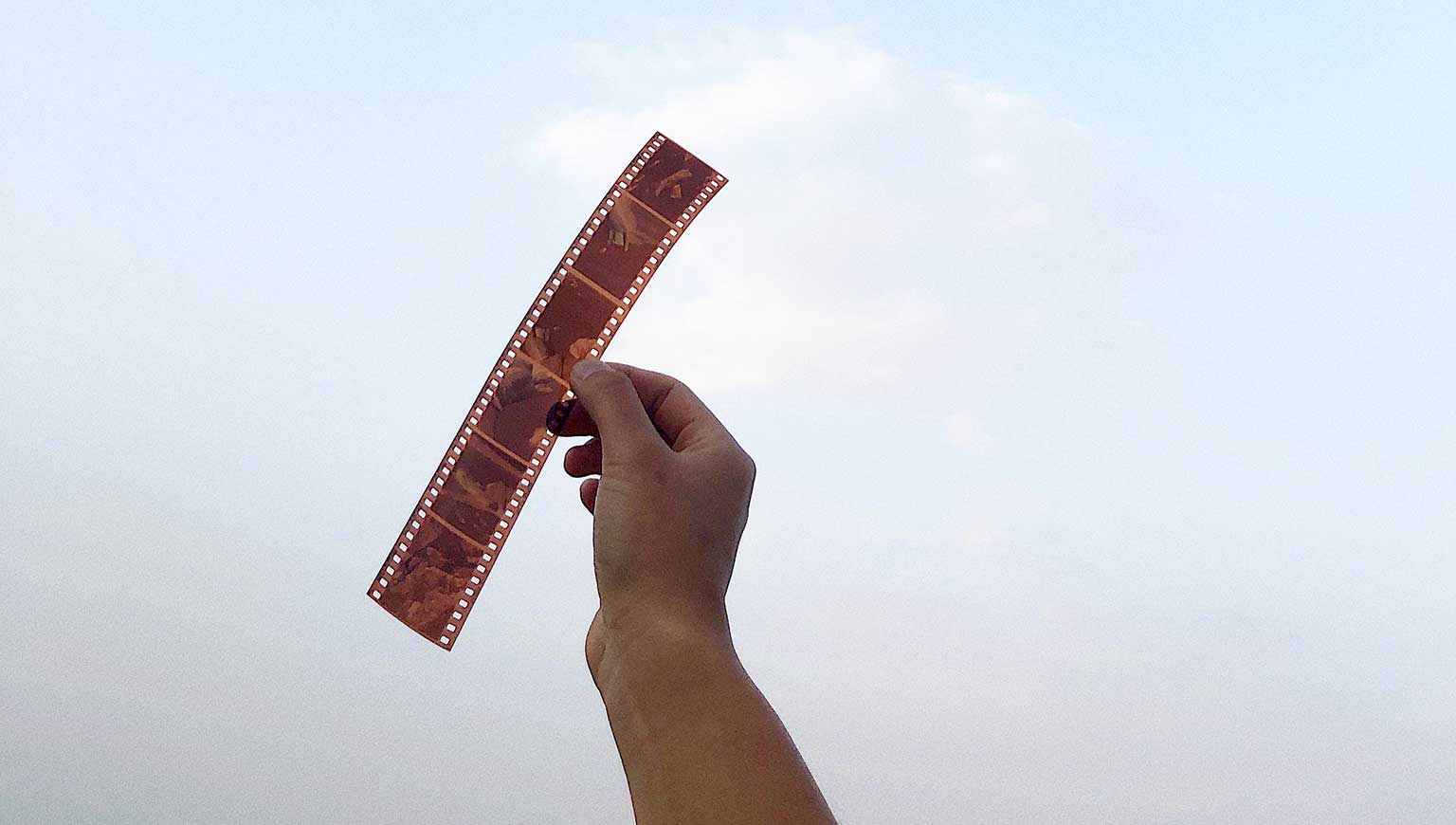
All Classes by Eva Abeling
-
Photography A Photo Walk through Sóller Eva Abeling
A great way to improve your photography skills is by spending time with a professional and learn by doing. With this in mind, we are now offering private analog photography walks for solo travellers, couples and small groups. Just request a date and tell us if you're an individual or a group and we will organise the rest.
Sóller, 125€
English, German, Spanish
Learn More
